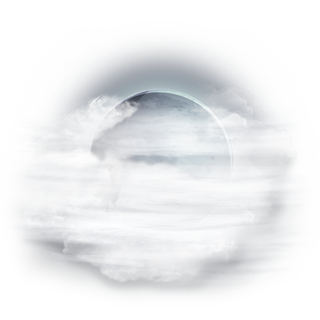Presenting the lecture “On the Organization of Sacred Time Among Jews and Christians,” Professor Israel Yuval of the Hebrew University in Jerusalem spoke to the Brandeis community regarding his recent revelations on the intricate connections between Judaism and Christianity.
Yuval initiated the discussion by denouncing his own former conviction that Judaism and Christianity signified “sister religions.” He is concerned with reversing the traditional mother-daughter associations. Although Judaism is normally regarded as the “mother religion” to Christianity, Yuval argues that this role is actually the opposite. He stated that the “emergence of Christianity as the second monotheistic religion modified the cards,” spurring followers of the Jewish faith to “need an additional sign of distinction.”
For instance, given the similarities between the written Torah and the Old Testament of the Bible, Yuval cited the significance of the oral Torah, asserting that “it alone defined Jewish uniqueness from Christianity.” Drawing parallels between the sometimes conflicting religions, Yuval also traced their emergence to the worshipping of pagan idols, portraying the need to develop a separate identity.
In particular, Yuval traced the inherent similarities between holidays celebrated by both faiths, expanding upon the obvious coincidence of Christmas and Hanukkah. Within paganism, two essential Roman holidays fell on Dec. 17 and Jan. 1, with Dec. 25 marking the solstice. Intriguingly, the eight initial days of this season of festivities is marked by light getting weaker, while the subsequent period of eight days is marked by the increase of light.
Yuval traced the significance of light to Judaism, referring to the menorah, and Christianity, regarding the light of the star present at the birth of Christ. This direct correlation encompasses not only Judaism and Christianity but also has roots in paganism. According to Yuval, these religions are striving for “a distinction between the sacred and the profane.”
He expanded upon the tensions developing between the two religions, claiming, “the oral torah is depicted as a mystery between God and Israel, with whom the Christians had no share.”
In acknowledgment of the controversial and tension-ridden relationship between the two faiths, Yuval spoke about the refusal of a group of Christians to celebrate Christmas on Dec. 25 in Palestine. Instead, they celebrated the Festival of David and Jacob, rejecting tradition. In this way, both religions focused together on the figure of David. This shared importance of David demonstrates parallels between the two competing religions despite inherent tensions.
Yuval further exposes parallels between Judaism and Christianity in his book “Two Nations in Your Womb: Perceptions of Jews and Christians in Late Antiquity and the Middle Ages,” analyzing the intricate and tension-filled emergence of the two interlinked faiths.


